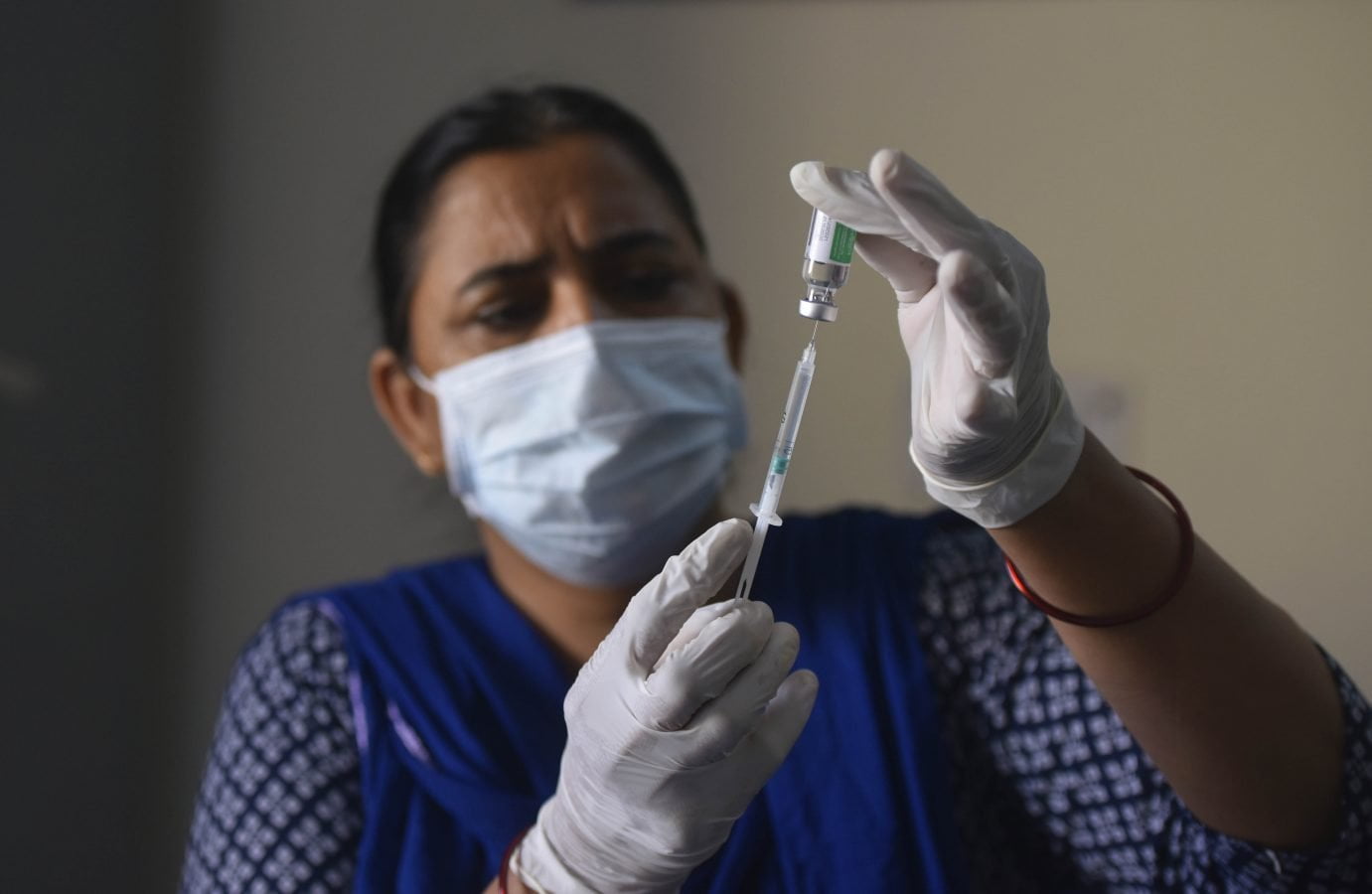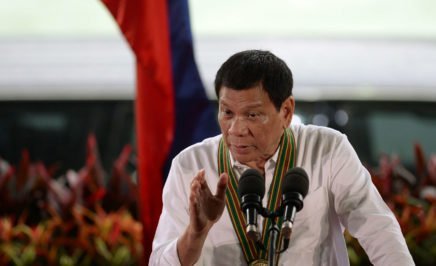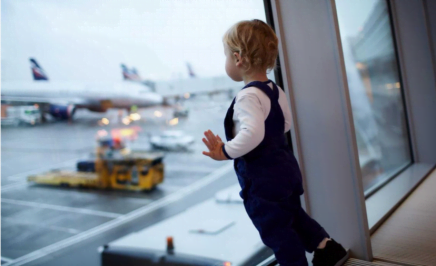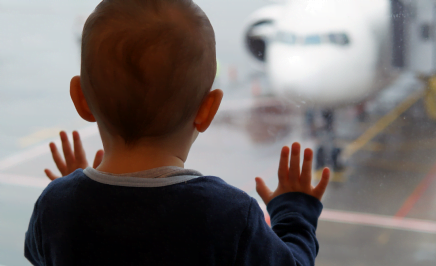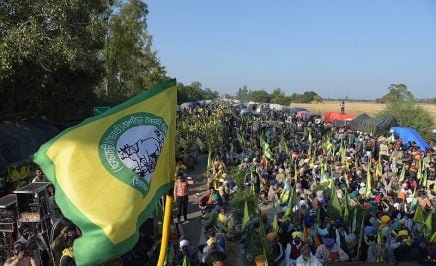Amnesty International Australia called on the Australian government to better assist India as it endures a COVID-19 emergency, as well as urgently assisting stranded Aussies.
“Australia has an important role to play in helping our neighbour and ally protect its citizen’s right to health,” Amnesty International Australia National Director, Sam Klintworth said.
Amnesty is calling for Australia to assist India, especially in addressing equal access to vaccines, as the COVID-19 case numbers skyrocket. High income nations are being vaccinated 25 times faster than low income countries.
Australia remains one of few the countries holding out support of the World Trade Organisation’s TRIPS waiver which would waive normal intellectual property rights and consequently allow the production of more vaccines, much more cheaply.
Amnesty also reiterated its calls for more Federal quarantine facilities to assist in repatriation of stranded Australians, including those caught up in the crisis in India.
“I am deeply concerned for the approximately 10,000 Australians and permanent residents stranded in India. With borders closing to arrivals, I urge the Australian Government to find a way to bring these people home as soon as possible,” Klintworth said.
“Repatriation flights from India should be increased for the estimated 650 vulnerable cases, and a special stand-alone temporary quarantine facility be built to facilitate their arrival home.”
Twitter/Facebook: allow people in India access to information
Meanwhile, Amnesty has also criticised social media giants Twitter and Facebook for reportedly taking down dozens of social media posts critical of the Indian government’s handling of the COVID crisis.
“Twitter and Facebook must stop taking down posts critical of the Indian government’s mishandling of the COVID-19 pandemic,” Klintworth said.
“Twitter and Facebook’s decision undermines Indian citizens’ freedom of expression and the right to receive and impart information without interference, which is of particular importance during a public health emergency.
“Social media companies have immense power when it comes to deciding what people can and cannot post about. They therefore have a responsibility to guarantee users’ access to information online and ensure content is not unduly restricted or censored at the whim of governments.”
Background
In a statement on Sunday, India’s Ministry of Electronics and Information Technology said it ordered Twitter, Facebook and others to take down roughly 100 social media posts. A spokesperson from Twitter confirmed the order to block content while Facebook is yet to comment on the issue.
Twitter did not specify which content it had taken down but media reports suggest the tweets were criticizing the governments’ response to the crisis and included posts by politicians and other public figures.
The companies have agreed to the request but in the past have reposted some content after reviews.
